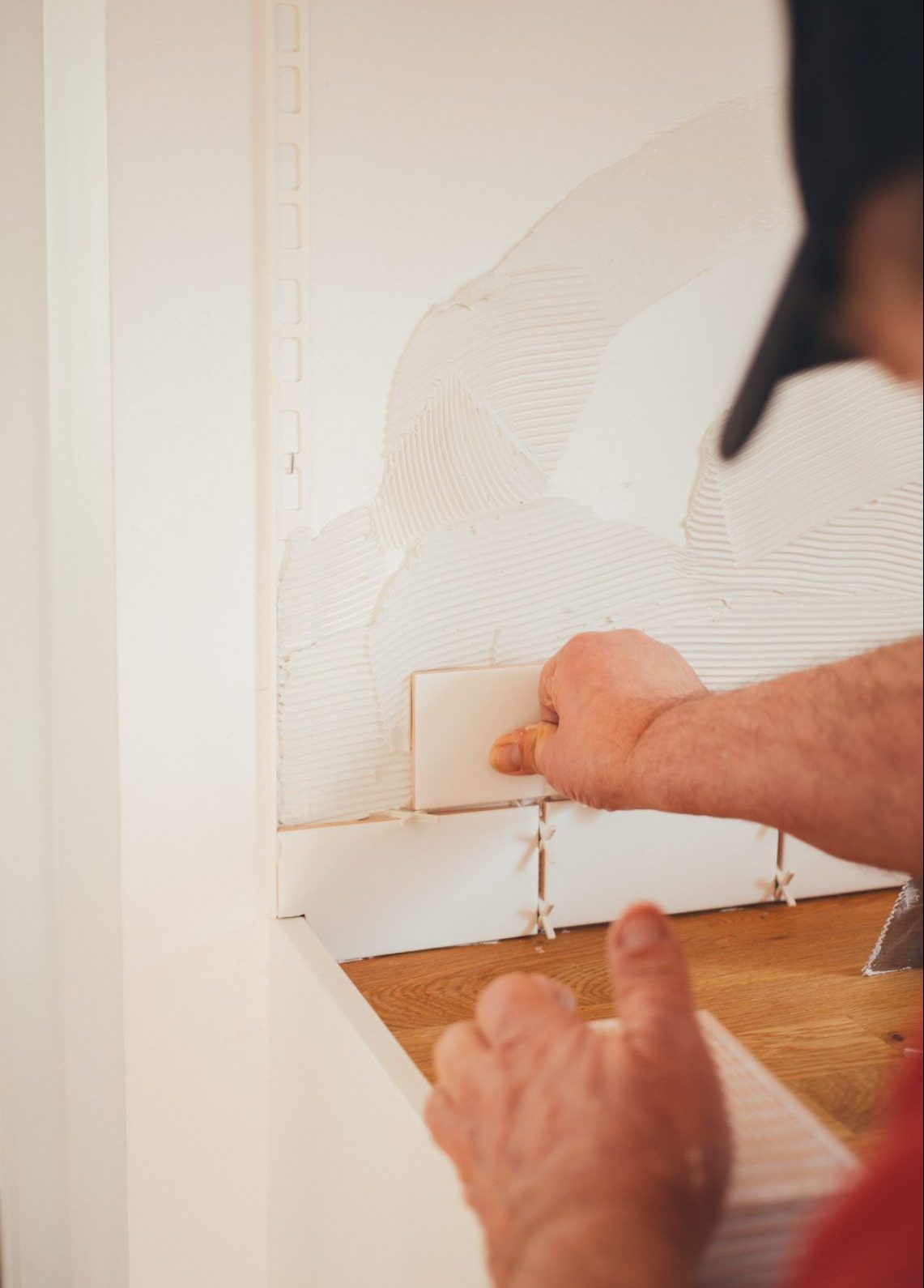These are, or at least should be, commonly made arguments now; buildings account for around 20% of UK carbon emissions and an estimated 80% of the homes which we will live in 2050 have already been built. The task of getting to net zero is a challenging one, but a new tool, developed collaboratively, aims to help individual and organisational property owners to better understand and improve the energy efficiency of their homes.
As recommended by the UKCCC and, later, the UK’s all-party Environmental Audit Committee in 2019, Building Renovation Plans (BRPs), also known as Building Renovation Passports, will provide a clear view of the green status of a building for it’s owner. Additionally, it will also recommend the steps needed to improve how the building performs, guiding it’s owner to both verified tradespeople and suppliers, and to potential sources of finance to support the work.
They also aim to help private landlords abide by regulation and compliance, such as energy efficiency standards, as well as support public sector housing providers with information related to retrofit, and help valuers and estate agents correlate energy efficiency and property values, and mortgage lenders to better assess the climate risks to their portfolio.
The Green Finance Institute’s Coalition for the Energy Efficiency of Buildings (CEEB) launched the framework to help accelerate the introduction of BRPs into the UK. It was created with input from 50 organisations, including the Active Building Centre Research Programme, and experts from the property, retrofit, energy, finance and data sectors, as well as local authorities and social landlords.
Dr Ahsan Khan, Director for Research and Innovation at the Active Building Centre Research Programme, commented:
“Building Renovation Plans represent an industry wide view on developing a consistent approach to unlock the green finance mechanisms in support of the UK’s net zero ambitions. With COP26 just around the corner and significant programmes developing retrofit scale-up initiatives, BRPs will provide a timely framework to ensure a swift transition to a better performing built environment, homes and workplaces.
“We look forward to trialling the application of the GFI BRP framework at nation scale across Wales over the coming months in conjunction with building stock and network modelling to ensure building retrofit activity is better targeted. With the help of GFI and CEEB collaborators we hope to create a level playing field where we can all, as citizens on a collective journey to net zero, access finance and funding to make the transition to a net zero economy equitable and affordable to all.”
Click here to find out more about BRPs.


